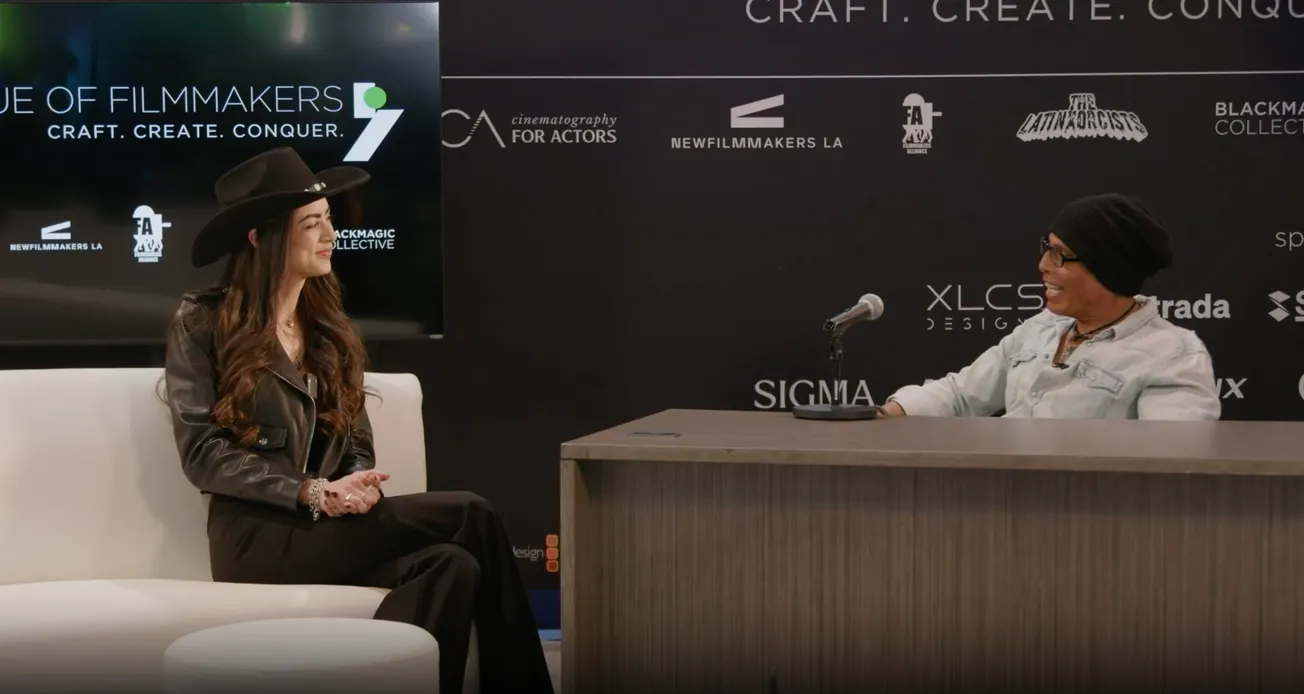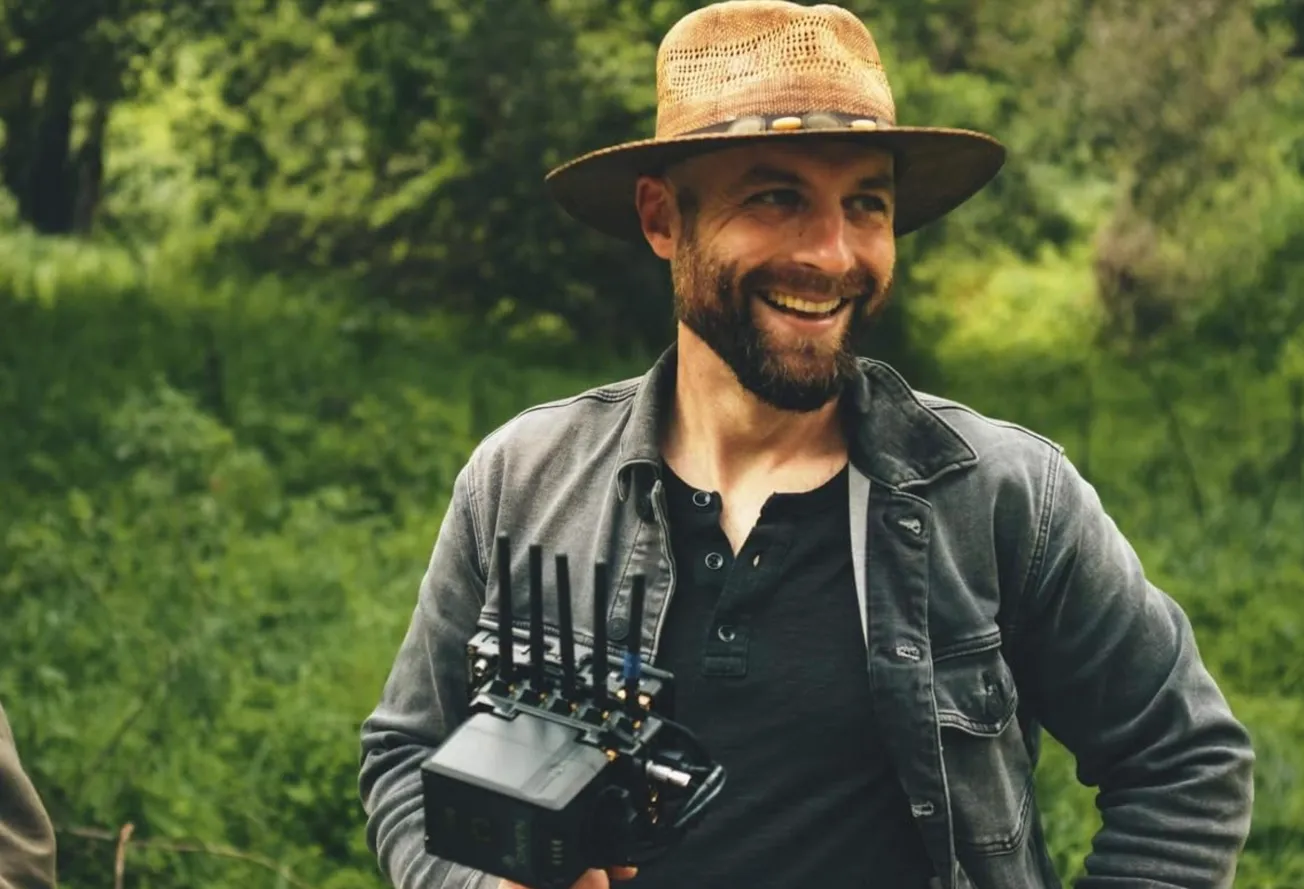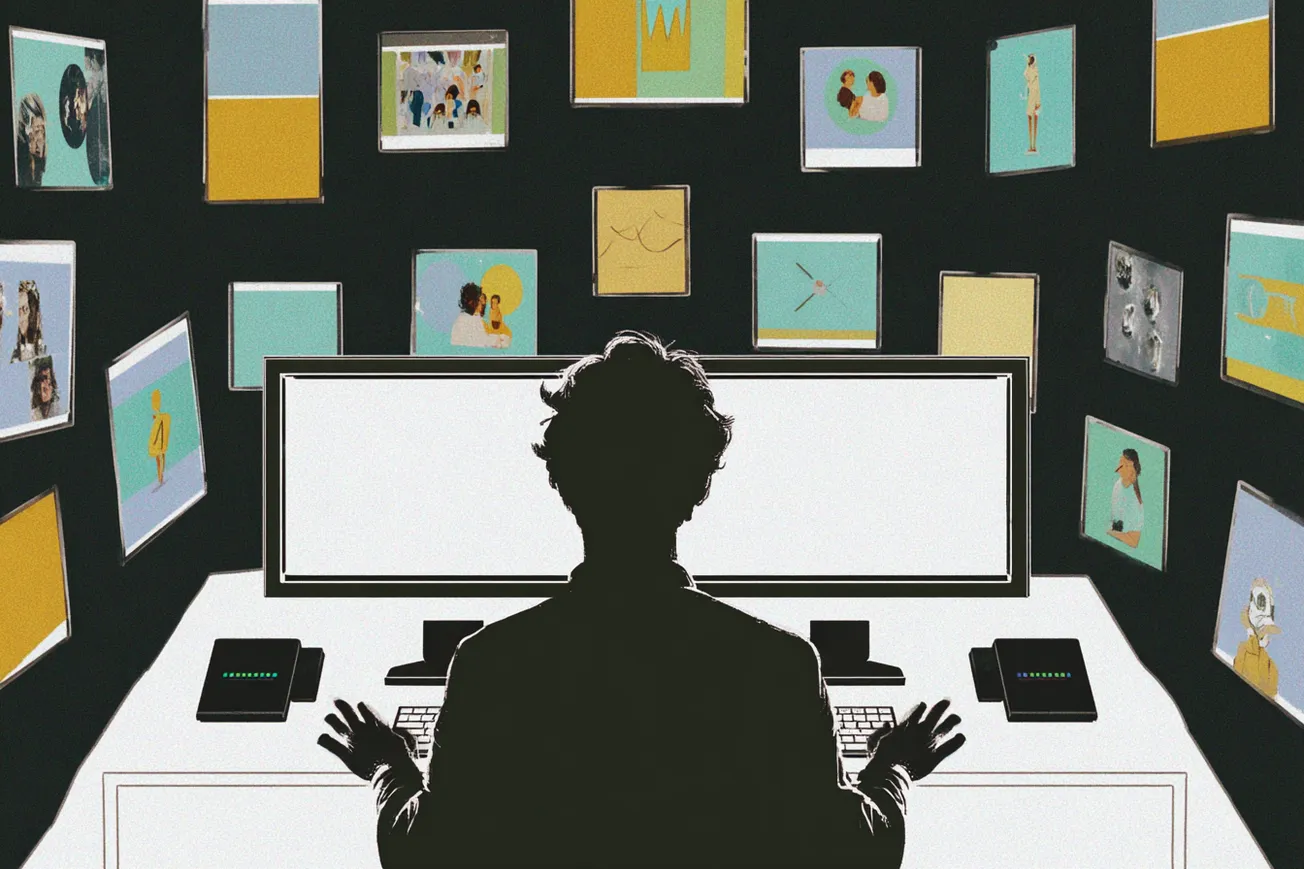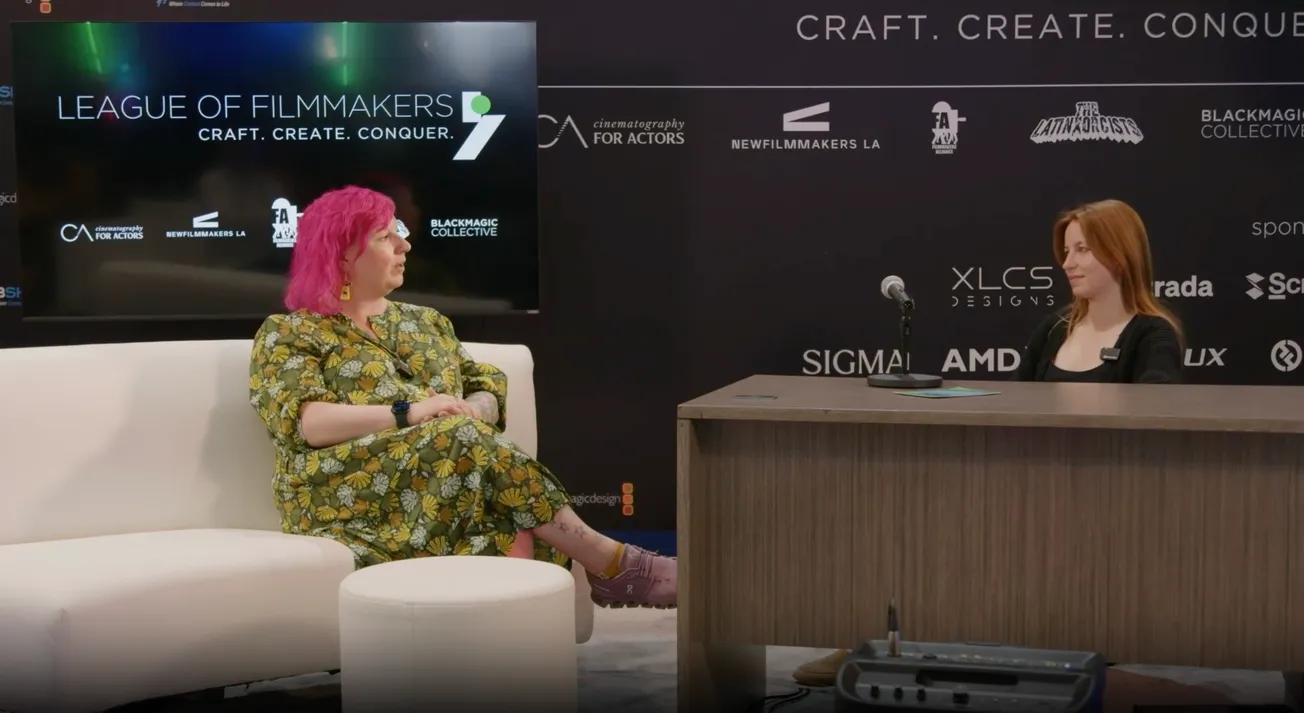Table of Contents
At the vibrant heart of San Diego’s Gaslamp District during Comic-Con 2024, an inspiring conversation unfolded with Deborah M. Pratt—a multi-talented award-winning director, writer, producer, singer, dancer, and actress. Known as the co-creator and executive producer of Quantum Leap and the creator of the groundbreaking sci-fi graphic novel Warrior One, Deborah’s journey through entertainment and storytelling offers a profound glimpse into the power of imagination, diversity, and innovation in genre storytelling.
Comic-Con: From Intimate Beginnings to a Blockbuster Phenomenon
Deborah’s history with conventions stretches back to when Comic-Cons were small, intimate gatherings centered around artists and creators. She fondly recalls the days of exploring Artist Alley, hiring artists for projects, and connecting directly with the passionate comic community. However, as Hollywood’s presence exploded, the convention transformed into a large-scale spectacle, balancing blockbuster premieres with the cherished indie creative spirit.
One of the highlights Deborah shared was the spectacular drone and fireworks show celebrating the premiere of Deadpool and Wolverine, where thousands of drones formed iconic images in the sky. This fusion of cutting-edge technology and comic culture embodies how Comic-Con has evolved—yet Deborah remains deeply connected to its roots by continuing to champion the original comic book creators and their stories.
Quantum Leap and the Power of Representation
Deborah proudly discussed the resurgence of Quantum Leap, a show she helped co-create, emphasizing its groundbreaking diversity. The original series was notable for featuring Raymond Lee, the first South Korean Asian-American lead on a major TV show, highlighting the importance of representation in media. At Comic-Con, the Quantum Leap exhibit drew long lines, a testament to the show’s lasting impact and the audience’s eagerness to engage with inclusive storytelling.
Looking ahead, Deborah and her team envision expanding Quantum Leap’s reach beyond TV, even dreaming of a Universal Studios ride that would bring time travel adventures to life—a perfect fusion of storytelling and immersive entertainment.
Warrior One: A Sci-Fi Graphic Novel for Our Times
Deborah’s new creation, Warrior One, is a sci-fi graphic novel set in a near future shaped by monumental events like the Great Quakes of 2029. The story explores a world where humanity has survived massive environmental upheavals, genetic experimentation, and the rise of sentient machines. The narrative challenges readers to consider the balance between human potential and artificial intelligence, asking: can humans reclaim their forgotten powers before machines decide to take over?
At its core, Warrior One is a journey of survival, self-discovery, and leadership. Deborah’s protagonist, Jeda, is a young woman thrust into a utopian yet fragile society, learning to navigate a world where survival means mastering new abilities and facing deadly threats. This narrative not only captivates with its imaginative world-building but also resonates deeply with contemporary concerns about technology, environmental stewardship, and social justice.
From Vision Quest to Warrior One
Before Warrior One, Deborah developed the Vision Quest series, a precursor that laid the foundation for her expanding universe. Both series delve into themes of identity, power, and collective consciousness. Deborah’s creative process involves collaborating with talented artists like Will Conrad, whose stunning illustrations bring the characters and their powers vividly to life.
The books emphasize that extraordinary abilities—telepathy, levitation, predictive memory—are not exclusive but shared human potentials, inviting readers to reflect on their own strengths and the power of community. The villainous Black Guard adds complexity to the story, embodying the struggle between human emotion and machine logic, making the conflict both thrilling and thought-provoking.
Writing Sci-Fi: Crafting Stories That Speak to the Present and Future
Deborah’s passion for science fiction is deeply rooted in history, tracing back to Mary Shelley’s pioneering work in the genre. Shelley’s iconic Frankenstein inspired Deborah to ask “what if” questions that spark imagination and challenge societal norms. This spirit of inquiry fuels Deborah’s writing philosophy, encouraging writers to be bold, specific, and universal all at once.
Her approach to writing scripts and novels differs depending on the medium: scripts require visual storytelling that directors and actors can interpret, while novels allow her to inhabit characters fully from an intimate perspective. Deborah champions reading great works—both scripts and novels—to understand how to communicate tone, character wounds, and story arcs effectively.
Advice for Writers and Creators
- Understand your audience and purpose—whether pitching, producing, or directing.
- Write with clarity so that every shot or scene can be visualized on the page.
- Balance character depth with story-driven action.
- Be fearless in exploring “what if” scenarios to unlock original ideas.
Embracing Technology and the Future of Storytelling
Deborah openly discusses the evolving role of artificial intelligence in creative industries. While AI is a powerful tool capable of generating content quickly, it is still learning and lacks the human imagination and emotional depth that storytellers bring. She sees AI as a complement rather than a replacement, emphasizing that studios and creators still hold the keys to original narratives.
This nuanced perspective reflects in Warrior One, where AI and humanity coexist in tension—mirroring real-world debates about technology’s place in society. Deborah encourages creatives to experiment with new tools but remain grounded in the human element that makes stories resonate.
Where to Discover Deborah M. Pratt’s Work
For fans and new readers alike, Deborah’s books are available primarily through Amazon and select bookstores in San Diego. The Vision Quest series and Warrior One universe promise rich, immersive experiences that blend action, adventure, and social commentary.
- WarriorOneWorld.com – Sign up for updates and special giveaways.
- Follow Deborah on Instagram: @deborahmpratt
- Follow Warrior One on Instagram: @warrioroneworld
Championing Diversity and Empowerment in Entertainment
Deborah’s career is a testament to breaking barriers and blazing new paths—especially for women and people of color in Hollywood. From writing her first script on Airwolf to executive producing major shows, she has consistently pushed for authentic, empowering roles. Her work reflects a commitment to storytelling that celebrates the global majority and promotes unity beyond divisions of race and identity.
Her stories urge readers and viewers to embrace their humanity, find their inner heroes, and recognize that each of us holds the power to shape a better future. As Deborah eloquently puts it, “We are the hope; we’re the heroes we’ve been waiting for.”
Deborah M. Pratt’s blend of visionary storytelling, dedication to diversity, and pioneering spirit make her a standout voice in sci-fi and entertainment today. Whether through the time-traveling adventures of Quantum Leap or the richly imagined world of Warrior One, she invites us all to explore the “what ifs” that challenge our perceptions and inspire our dreams.
For anyone passionate about genre storytelling, creative innovation, and meaningful representation, Deborah’s work is a beacon of inspiration—and a call to action to embrace imagination as a force for change.






